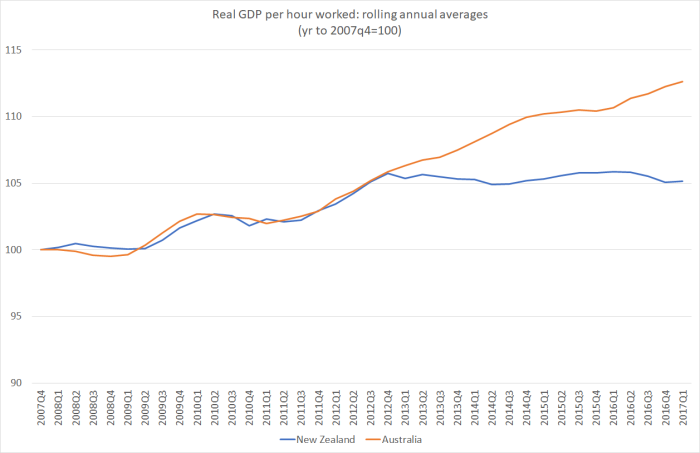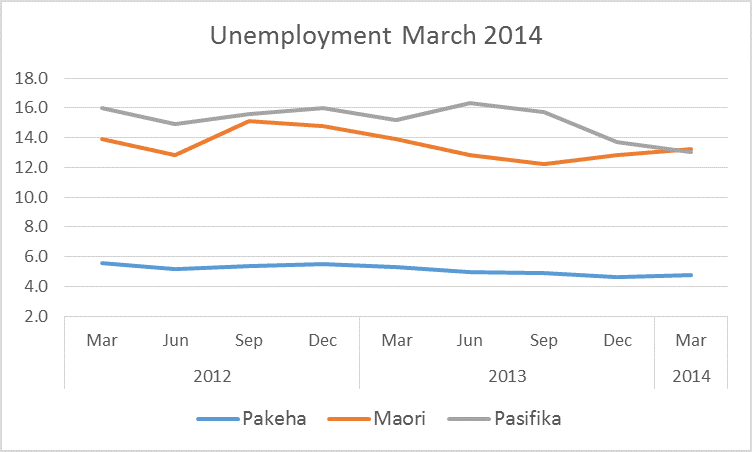Continuing the rush of legislative changes in Aotearoa, the Minister for Science released Cabinet papers on GMO regulations.
Link here
Māori consultation highlighted the role of wāhine Māori in protecting taonga species, and how the Nagoya Protocols would empower Māori in this space.
Came to nought.
MBIE has released a vid explainer:
A single regulator is to be established, with technical advice and a Māori advisory committee (MAC). The decision-making process is seen as a technical and scientific process with socio-cultural concerns irrelevant.
The Pant Varieties Act 2022 is offered as a model for Māori engagement; Section 63 has is worth perusing:
Assessment where kaitiaki relationship asserted
In a case where an iwi, hapū, individual of Māori descent,
or Māori entity asserts that they have a kaitiaki relationship with the plant
species that is the subject of a PVR application, the Māori Plant Varieties
Committee must also consider—
(a) whether that person, iwi, hapū, or other entity has
demonstrated their kaitiaki relationship with the relevant plant variety and
associated mātauranga Māori:
(b) if a kaitiaki relationship has been demonstrated,—
(i) the kaitiaki’s assessment of
the effect of a grant of the PVR on their relationship; and
(ii) any agreement to mitigate
adverse effects reached between the breeder and the kaitiaki; and
(iii) whether
there is any evidence that the parties have not acted in good faith during
their engagement (if any).




















